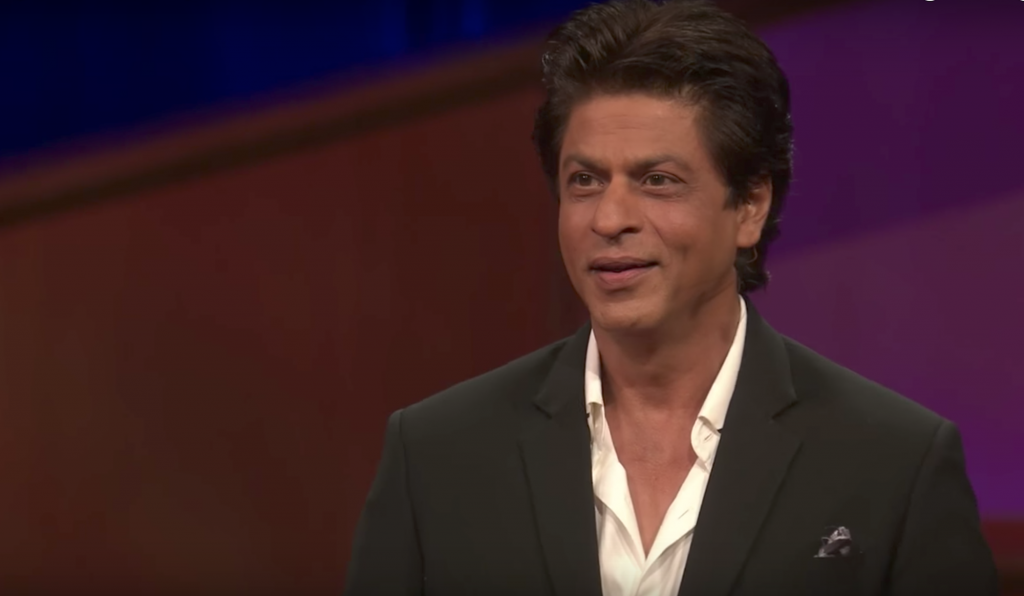
by Jessie Brar – Follow @jessieebrar
The Baadshah of Bollywood and King of Romance, Shah Rukh Khan, is back on the public stage in a big way. His newest hit comes not from the silver screen, but from a soon to be viral TED Talk.
In April, Khan spoke in front of an audience unlike any other he had spoken to before.
He spoke of humanity, love, and his greatest accomplishment of meeting Angelina Jolie for a full 2.5 seconds. Through his charm, wit and clever humor, SRK stole our hearts once again.
About humanity, SRK talked about how it has become his mirror image.
“[Humanity is] an aging movie star, grappling with all the newness around itself, wondering whether it got it right in the first place, and still trying to find a way to keep on shining regardless.”
We are all this version of humanity. Constantly struggling with the changes that come our way, wondering whether we are doing what we are supposed to do.
In a world controlled by the Internet, it has become easier for those around us and those around the world to judge our actions. People like SRK are put under the microscope for every little thing they do. Our reality has become virtual and the scrutiny and pressure of the world are all too real.
There are two sides to every coin. Within all of us, and within the world there is both darkness and light. We make choices that directly affect the world around us. We can choose darkness and continue creating barriers, or we can choose light. We can choose love and break down the walls that separate us. Love, as SRK describes is, “the oldest and simplest emotion known to man.”
We must learn to not only spread love in the world but to love ourselves. Through his TED Talk, SRK inspires us to embrace ourselves. He encourages us to be our true selves as there is nothing more beautiful. Our past has come and gone, but our present is here today. As SRK says,
“The present you is brave. The present you is hopeful. The present you is innovative and resourceful, and of course, the present you is annoyingly indefinable”.
This TED Talk shows us that our future is what we have to look forward to. Learn to love yourself like you love others.
“The future ‘you’ has to be a ‘you’ that loves. Otherwise it will cease to flourish.”
 Chocolate Lover – Bollywood Dancer – Bhangra Enthusiast – Mental Health Advocate.
Chocolate Lover – Bollywood Dancer – Bhangra Enthusiast – Mental Health Advocate.



